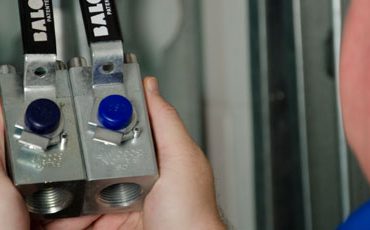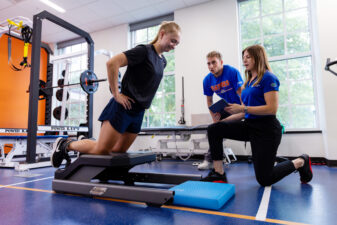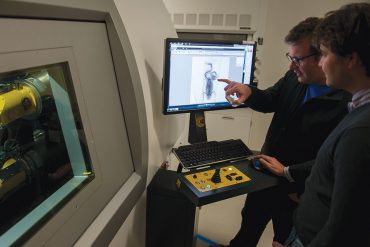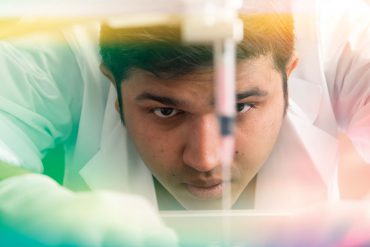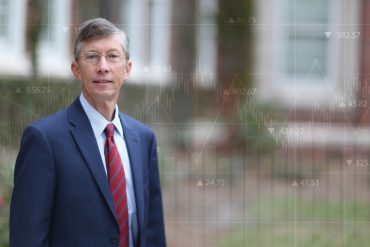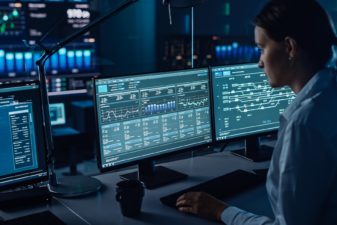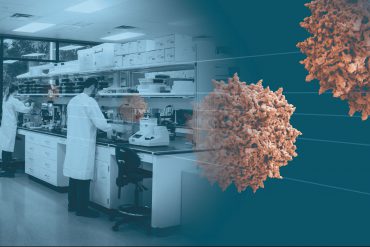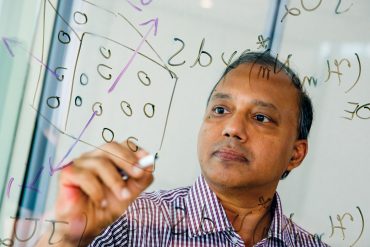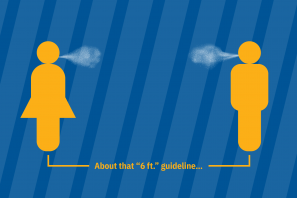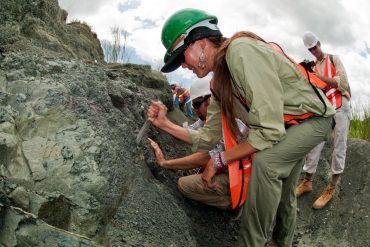Counterfeit construction materials are flooding the U.S. market
The Sid Martin Biotechnology Incubator celebrates two decades of nurturing young companies
I magine every member of the Florida Gators football team wearing a wireless sensor during practices and games that uses...
Technology opens UF's collection of amphibians and reptiles to the world
UF ushers in a new age of engineering with a novel technology for 3-D printing the softest objects
Jay Ritter has spent his career tracking the emergence of new public companies
From the shutdown of an oil pipeline to disrupted access to government, business and healthcare system databases, high-profile cyberattacks in...
A team of UF researchers says it has developed a way to stop ransomware dead in its tracks
UF grows $10 million grant into $1.7 billion gene therapy company Brammer Bio
Harnessing the power of predictive science
As scientific voids go, it would be hard just now to find a more pressing question: How do the aerosols...
Connecting scientists with teachers and students

